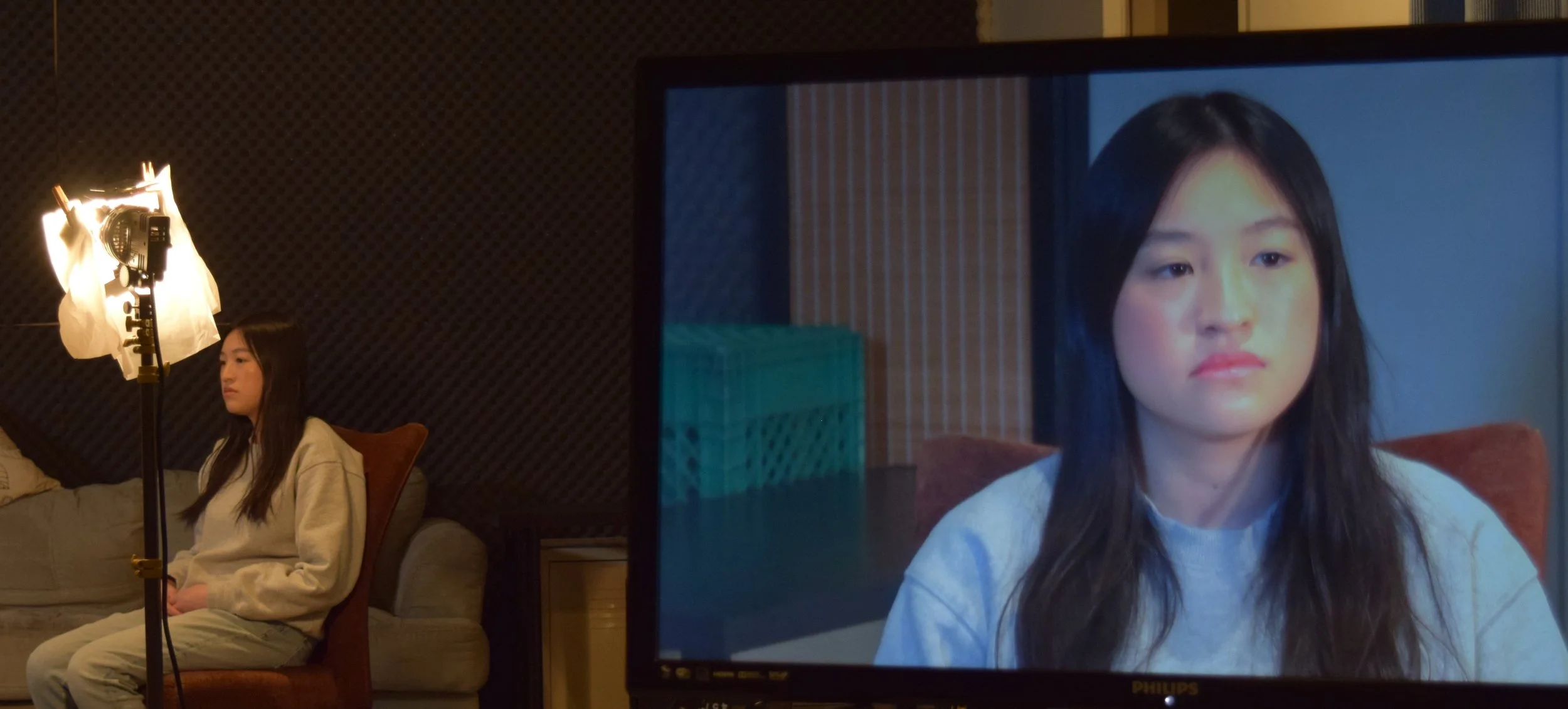Safety.
/…the right to refuse work…
The Occupational Health and Safety Act (OHSA) gives a worker the right to refuse work that he or she believes is unsafe to himself/ herself or another worker. A worker who believes that he or she is endangered by workplace violence may also refuse work.
A2501
Performers shall not as a rule be required to undertake Risk Performances. Whenever possible, Producers shall engage qualified Stunt Performers to undertake such work.
A2003 Clean Air
Whenever fire, fog, smoke, or other airborne special effects are used, the Producer will make best efforts to provide a room where Performers may breathe clean air when they are not required on the set.
A2006
If known at the time of contracting, the Performer shall be informed if there are to be airborne special effects (such as fog or smoke), cigarette smoking, or animals on set.
For the full Agreement outlining your fees and working conditions click below:
https://www.actra.ca/agreements/independent-production-agreement-ipa/
28:18 Threats to Safety
In a situation where there is a threat to the safety of the Artist or place where the Artist is required to be, by reason of fire, acts of God, acts of the public enemy, and similar causes, the Artist may immediately cease all work and remove him/herself to a place of safety. He/she may not return until he/she has been assured to his/her satisfaction that the appropriate public authority (e.g. police, fire department, health authorities) has dealt with the situation and has authorized the continuation of work.
28:19 Hazardous Materials
The Theatre will abide by the applicable provincial health and safety legislation with regard to the use of hazardous materials. To the best of its ability, the Theatre will ensure that chemical ingredients used to create special effects for a production will not be harmful to the Artist. Should an Artist develop a medical problem as a result of exposure to said special effect, he/she shall report this matter to the Theatre and shall consult a physician as soon as possible. Upon written advice of the physician to the Theatre, said Artist may cease rehearsing and/or performing. If the use of the chemical ingredient continues, and/or the Artist is unable to continue his/her engagement, the contract of the Artist may be terminated in accordance with Clause 38:14. The Theatre and the Artist will promptly notify Equity. However, the Artist must be reinstated upon recovery if he/she so desires, on terms no less favourable than his/her original contract.
28:20 Perceived Risk
With respect to Article 28:00, whenever the Artist perceives a risk to his/her health and/or safety, the Artist shall immediately report said risk to the Stage Manager and the Deputy. The Artist shall not be required to proceed with any work involving said risk until such time as the situation is resolved, or until the Stage Manager, Deputy and Theatre jointly have deemed that no such risk exists.
For the full Canadian Actors’ Equity Association, Canadian Theatre Agreement click on:
https://www.caea.com/Portals/0/Documents/Theatre/2015-2018CTA-MaterialTerms-FINAL.pdf
ACTRA’s principal role is to negotiate, administer and enforce collective agreements to provide performers with equitable compensation as well as safe and reasonable working conditions.







